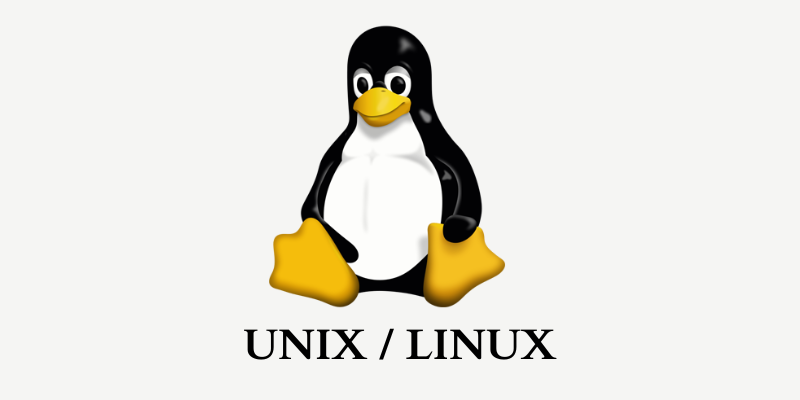Why Data Integrity is Critical
Data integrity refers to the accuracy, consistency, and reliability of data throughout its lifecycle. Poor data integrity can lead to flawed business decisions, security risks, and compliance issues. With vast amounts of data across multiple platforms, ensuring this data remains intact and trustworthy is more crucial than ever. UNIX Training in Chennai can help you gain the foundational skills to effectively manage and operate within these environments. This is where data management tools like Informatica and Oracle play a key role.
Leveraging Unix/Linux for Data Integrity
Unix/Linux systems are often the go-to operating environments for managing large databases and data pipelines due to their stability, scalability, and security. By running Informatica and Oracle on Unix/Linux environments, you can harness the power of automation and scripting to streamline data management processes. Similarly, Linux Course in Chennai offers insights into using advanced features of the Linux operating system for efficient data management.
How Informatica Ensures Data Integrity
Informatica offers a range of tools to manage data integration, quality, and governance, ensuring data integrity across different platforms and environments. Some key features of Informatica include:
- Data Integration: Informatica automates the integration of data from multiple sources, ensuring that data remains accurate as it moves between systems. Whether data is on-premises or in the cloud, Informatica enables seamless integration with Oracle databases, further enhancing data consistency.
- Data Quality: Informatica’s data quality tools help detect and resolve inconsistencies in the data, such as duplicates or incomplete information. By applying predefined rules, Informatica can cleanse the data before it is transferred into Oracle databases, ensuring accuracy.
- Metadata Management: Informatica also tracks data lineage through metadata management, which is crucial for maintaining the integrity of data across its lifecycle. This ensures that businesses always have access to reliable and up-to-date data.
For those looking to deepen their knowledge, Informatica Course in Chennai provides comprehensive instruction on the platform’s capabilities and how to implement it effectively within your data management processes.
Oracle’s Role in Data Integrity
Oracle databases are widely regarded for their reliability and scalability, making them ideal for managing large volumes of data in real-time. Oracle offers features like:
Investing in Oracle Training in Chennai is essential for understanding how to fully utilize Oracle’s advanced capabilities for maintaining data integrity in your organization.
Automating Data Management with Unix/Linux
The ability to automate tasks is one of the major benefits of using Unix/Linux systems for data management. Automation scripts, such as shell scripting in Unix/Linux, can be used to schedule data backups, run data validation checks, and execute data migration tasks.
These systems offer high performance and reliability, particularly for large-scale databases and applications like Oracle and Informatica. Administrators can use scheduling tools like cron jobs to automate repetitive tasks, such as data cleaning or backup procedures, further enhancing data integrity.
The Role of VMware in Data Management
VMware allows you to run multiple operating systems on a single physical machine, which is particularly useful for testing and running databases in different environments without requiring separate hardware. Virtualization through VMware can support the integration of Informatica and Oracle in Unix/Linux systems, providing a flexible, scalable, and cost-effective solution for managing data across various environments.
VMware Training in Chennai can help IT professionals understand how to implement and manage virtualized environments to optimize data integrity.
Combining Informatica, Oracle, and Unix/Linux for High Data Integrity
To maintain data integrity across large and complex infrastructures, organizations can combine Informatica for data integration and quality, Oracle for database management, and Unix/Linux for reliable and secure environments. The synergy between these technologies creates a robust framework for ensuring data accuracy, consistency, and security.
For those developing complex applications, particularly in web development, MEAN Stack Training in Chennai offers insights into how back-end data can be integrated with Informatica and Oracle on Unix/Linux platforms to ensure data integrity throughout the application lifecycle.
Ensuring data integrity is an ongoing process that requires a combination of robust tools and best practices. By leveraging Informatica for data management, Oracle for database consistency, and Unix/Linux for automation and reliability, organizations can create a secure, efficient, and scalable environment for their data. The integration of these technologies can be further optimized through VMware, providing flexibility and ease of management.
